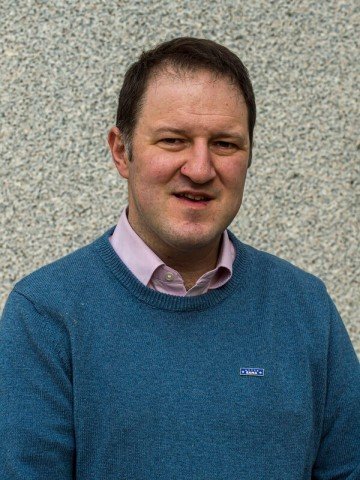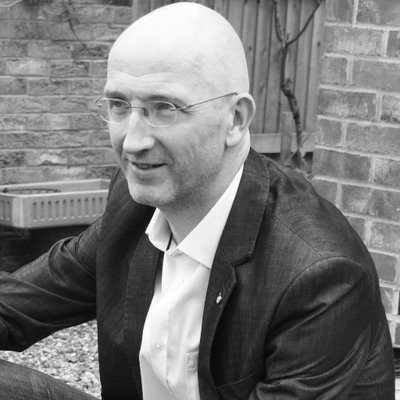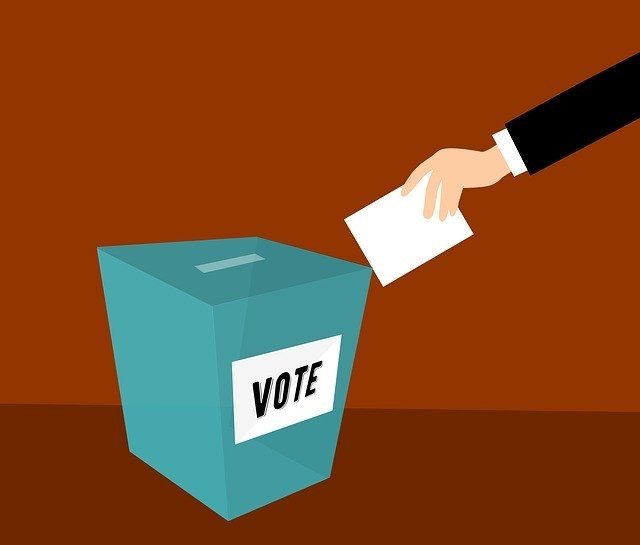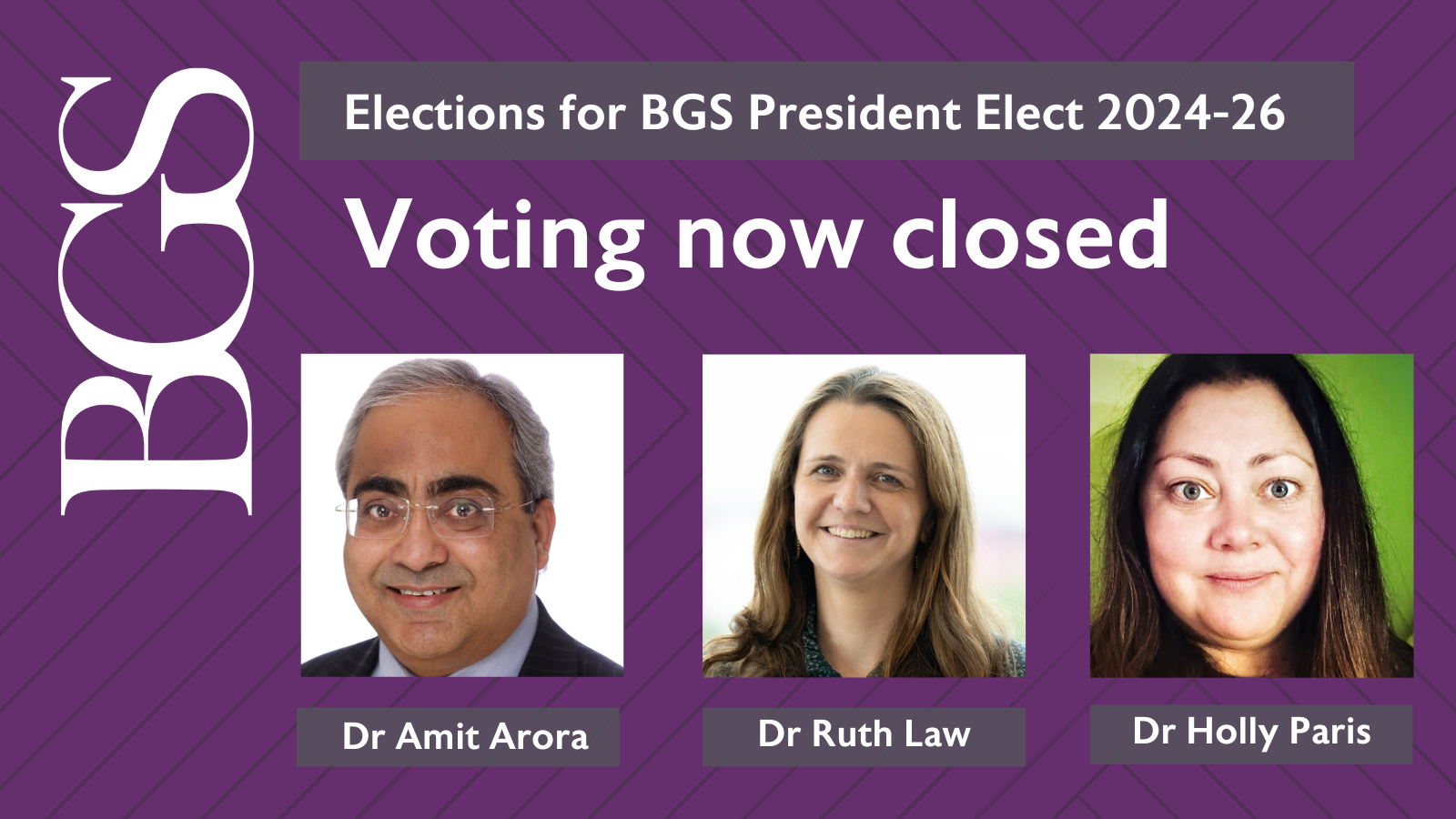The BGS is holding a ballot of its members to elect the next President Elect (2020-22). Voting is open from 24 June 2020 at 9am until Friday 24 July at 5pm.
The President Elect supports the BGS President in their role and will move into the BGS President position themselves after two years. The BGS President is the Society’s most senior role, serving as a member of the BGS Trustee Board and a director of BGS (Trading) Ltd, our wholly owned trading arm. The BGS President chairs the Trustee Board, which has a detailed oversight of all the Society’s strategies, finances and operational activities. The President Elect supports the BGS President as and when needed.



